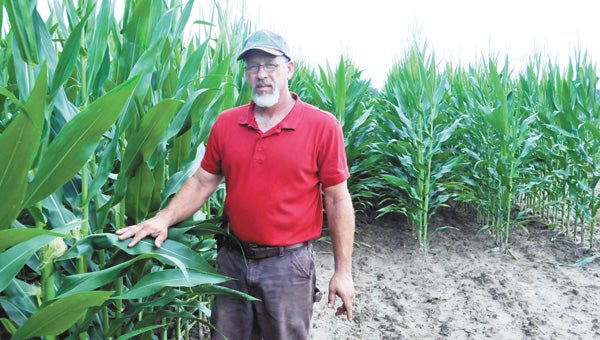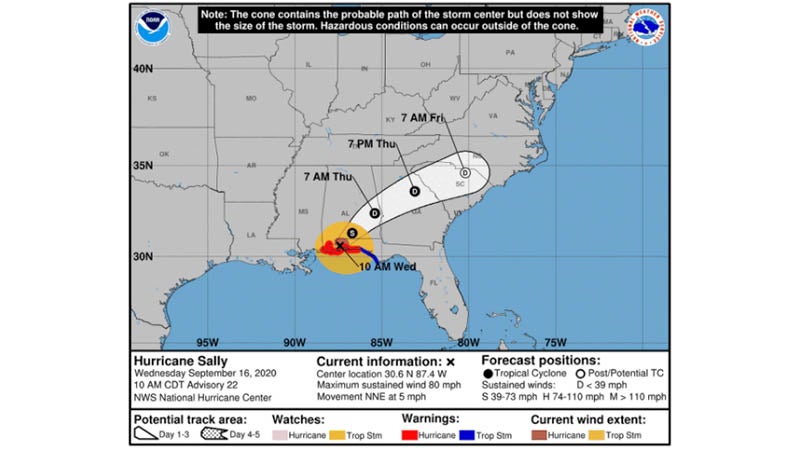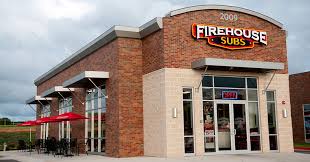RAIN MAKES CORN
Published 12:03 am Saturday, May 30, 2015
Farmers: Rainfall, sunshine good
Corn growers have been smiling more often these days, as the recent rains and not-too-warm temperatures have been just right for their crops.
Rain has come and gone in the area over the past week, and right now is the ideal time for corn to be pollinating.
“The corn is fine,” corn farmer Bill Godwin said. “It hasn’t hurt the corn. It’s nice on it. If we get much more rain, it could make an impact on the pollination.”
Godwin, who planted 200 acres of row corn this season, said the corn is silking and tasseling.
Pollen drops down from the tassel, and then the seed enters a hollow, tube-like feeder called a silk, which then pollinates the corn to form a kernel.
The most important things the corn crop needs are adequate rainfall and sunshine, Regional Agronomist Brandon Dillard said.
“We don’t want to get up there from 95-96 degrees,” Dillard said. “That will put a hurt on us. If we get up in the mid-to-upper 90s, then the pollen that pollinates the kernels will not be viable. It makes the pollen sterile.”
Dillard said the ideal temperature for corn to pollinate is from the mid-to-upper 80s.
“That’s fantastic for corn,” he said.
Dillard said it’s really good to keep moisture in the ground of the corn, and not for other crops.
“If the farmers don’t have anything planted, then they really don’t want to see rain,” he said. “They want to see some open weather so they can finish planting cotton and soy beans.”
Row corn takes up the third most acreage in the state. Approximately 230,000 acres of corn has been planted each year for grain production in Alabama over the last 10 years.
Godwin also plants soybeans and peanuts, but he’s been growing on his land since he started farming in 1968.
During a normal season, the corn crop will go into the ground — with weather permitting — in March, Godwin said.
“Sometimes we’ll roll over into April, but mostly your commercial producers plant early in order to get it to pollinate before the hot temperatures in late June and July,” Godwin said. “I’ve lost more crops to high temperatures than to a lack of water.”
Godwin’s farm produces grain corn and sells it to Zorn Brothers Inc. (a grain elevator operator) and to Wayne Farms LLC (chicken processor) out of Montgomery.
Godwin said he grows several different varieties of corn every year. His main crop is Pioneer Corn.
“We do farm testing every year,” he said. “We’ll have as many as 20 different varieties in a test crop.”
Godwin said the testing is done to see what varieties are best suited for the farm.
“Everything is treated the same way so there is no variation in what practices you use,” he said. “If there’s any differences, then it’s due to the genetic make-up of the seed.”
Dillard said he doesn’t know when the current crops of corn will be ready for grain.
“We’ve got a long way to go before know where it’s going to be,” Dillard said. “With the rain we’re getting, it’s a timely rain. It puts corn in a good position right now. We’ve got really good potential right now on our corn.”





